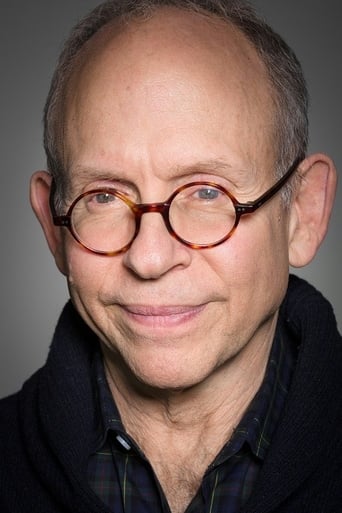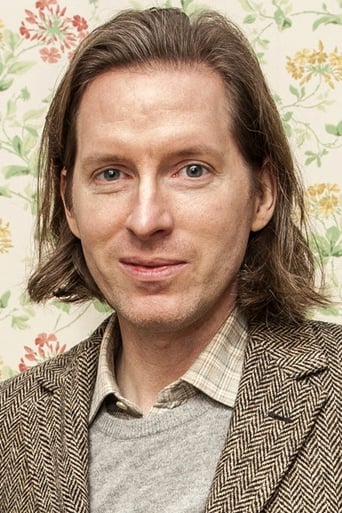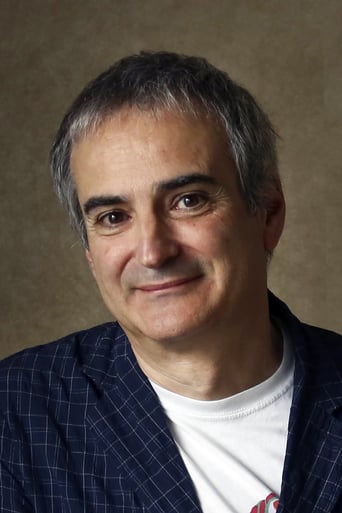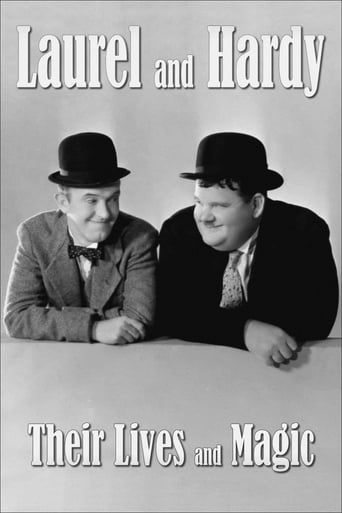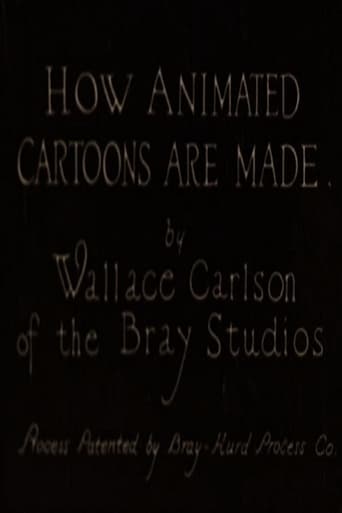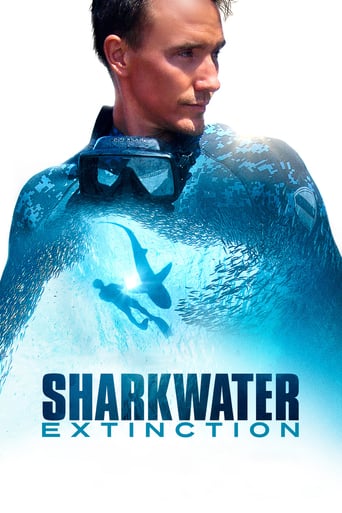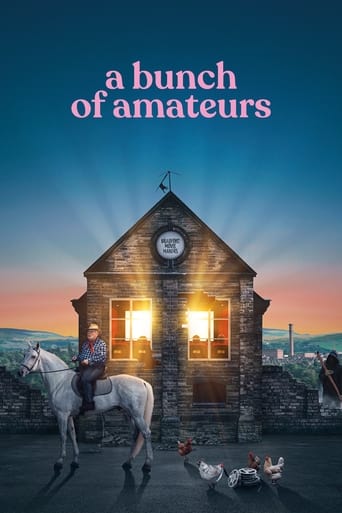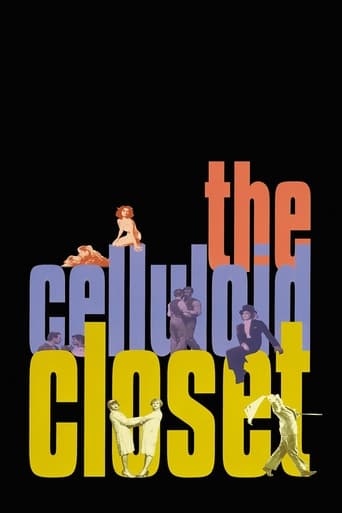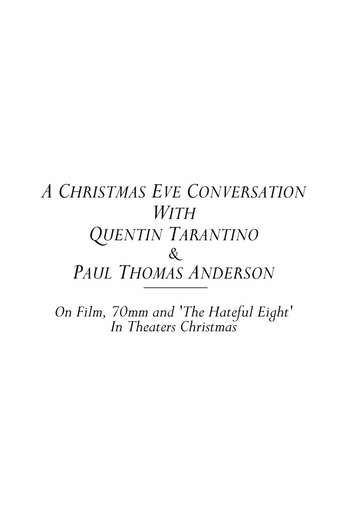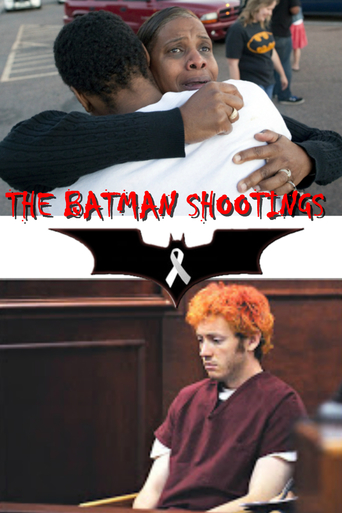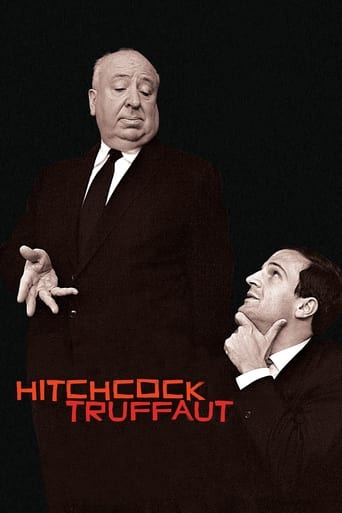
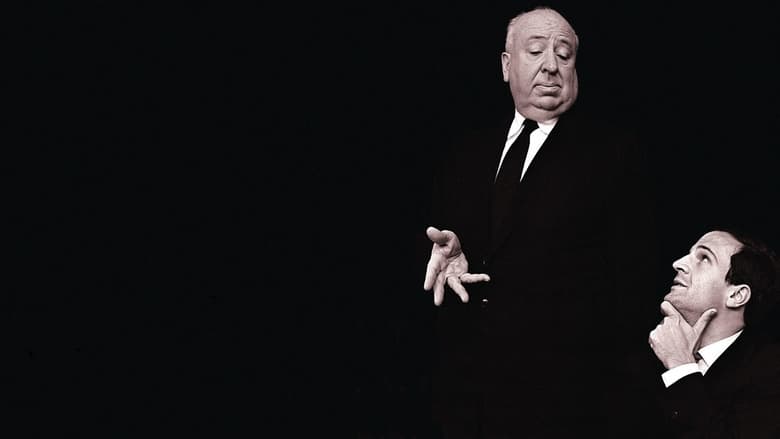
Hitchcock/Truffaut (2015)
Filmmakers discuss the legacy of Alfred Hitchcock and the book “Hitchcock/Truffaut” (“Le cinéma selon Hitchcock”), written by François Truffaut and published in 1966.
Watch Trailer
Cast
Similar titles
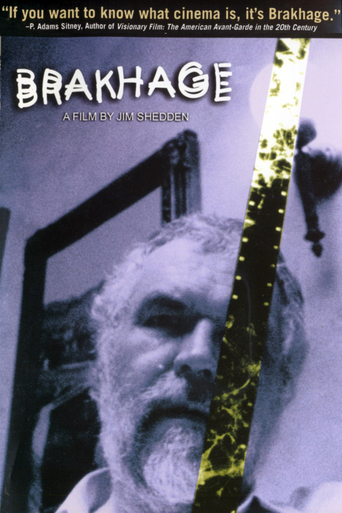
Reviews
Wow! Such a good movie.
Excellent, Without a doubt!!
Yo, there's no way for me to review this film without saying, take your *insert ethnicity + "ass" here* to see this film,like now. You have to see it in order to know what you're really messing with.
Through painfully honest and emotional moments, the movie becomes irresistibly relatable
HITCHCOCK/TRUFFAUT (2015) is a documentary version of a series of interviews that Francois Truffaut conducted with Hitchcock, which was released as a book of the same name.The documentary offers an analysis of Hitchcock's mastery by various directors: Scorsese, Paul Schrader, Wes Anderson, James Gray, Richard Linklater, Peter Bogdanovich, David Fincher, and others. All of them offer interesting insight into Hitchcock's art. Truffaut interviews the director, with an interpreter present.There are clips from Hitchcock's and Truffaut's films, including Hitchcock's silent movies. Sadly, Truffaut only lived for four years after Hitchcock's death, dying at 52.Most interesting for this viewer was the analysis of Vertigo. One director notes that in Vertigo, we only see Kim Novak's back as she stares at Carlotta's painting. We imagine she is studying it, but as is pointed out, the whole thing is a hoax, and Hitchcock never photographs her from the front. "I would have gotten footage from the front," the director says. "But we're not that good."Hitchcock describes James Stewart's obsession with Madeline in graphic sexual terms, that waiting for her to put her hair up in the bathroom, he is in reality waiting for her to emerge nude, and he has an erection. When she does emerge as his fantasy, it's as if in a dream. And though his critics cite a lack of logic in some of his films, he says, "Logic is ordinary," and it's not something he particularly sought.The analysis of Psycho was also fascinating, how he took the viewer in a completely different direction from the way the movie started, and how "ordinary" it seemed at the beginning.Certainly Hitchcock's work tells us a lot about the man himself - I think inside his obese body, a handsome great lover hid and could only express himself in film. It's sad, but often artists are, and their art is a vehicle for their expression. Hitchcock was no exception.My only criticism is personal - too many scenes from The Birds. I've never seen it. The thought of it terrifies me. Hitchcock had the power to fascinate, shock, and frighten - whether you'd seen a particular film or not.
I would encourage anyone who viewed this film to get a copy of the book. For it is in the book that we learn about the master and what he did and how he thought. This was Truffaut's baby and it is incredible that this is left for us. The strength of the film is in the commentaries of the participants. We get a picture of the admiration shared by the two directors. That said, despite the limitations of 85 or so minutes, we are made privy to techniques employed. The focus is really on two films, "Vertigo" and "Psycho." That is enough in some respects because most of Hitchcock's dazzle is employed here. The lesson learned is that Hitchcock as a stylist and a sort of visual tyrant made him what he was. One interesting point made was what would have happened if he had been forced to work with egos like Marlon Brando, James Dean, or Dustin Hoffman, who certainly would have tried to manipulate Hitchcock. Montgomery Clift tried and failed; so we get a sense of that thing. All in all, this is decent, but it is more the observation of the director who attempted to produce a summation of the book. It only works in bits and pieces. Still, I'm glad I got a chance to see it.
HitchcockTruffaut is a documentary about director Alfred Hitchcock inspired by the book of the same name produced by François Truffaut shortly before his death in the early 1980's. The documentary shows pictures of Truffaut and Hitchcock during the course of Truffaut's extensive interview with Alfred Hitchcock as well as frames from some of his greatest films. This film provides a great understanding of Hitchcock as an artist or "auteur", a term associated with great directors who told their stories using the medium of film, not simply shooting actors performing a story. The visuals for Hitchcock were the essence of his art. He planned the sequence of a movie scene by scene and then used each scene in a series to make the film. As one of the interviewees pointed out, he "wrote" the story using the camera. We see modern directors, particularly Martin Scorsese and Peter Bogdonavitch, commenting on the artist's method of filmmaking. Scorsese saw Hitchcock as a ground-breaker who brought about a new sense of what film was about and freed it from the staid conventions that had grown up around it. Hitchcock himself was trained in filmmaking during the silent era when movies did not rely on sound but told the stories through the visuals. It was very revealing to see works like Saboteur, Vertigo and Psycho analyzed by showing the visual imagination behind the scenes that gripped audiences in each of these works. There was a great friendship between Hitchcock and Truffaut. Truffaut greatly respected and elevated the stature of the man, who had been overlooked to a large extent by Hollywood, which failed to give him an Oscar until he received a special award near the end of his life. Of course Hitchcock was very successful but his true artistry was overlooked by his huge audience, which didn't see the brilliant imagination behind the camera. This is a great documentary that anyone interested in movie making would benefit from viewing.
Director Kent Jones (director of programming of the 51st New York Film Festival) looks back at a week long discussion critic-turned-filmmaker Francois Truffaut had with Alfred Hitchcock regarding his films. Here, Truaffaut's 1966 book "Cinema According to Hitchcock" is turned into a retrospective of not only the discussions between the two men, but an insight to Hitchcock's movie-making and thinking, and those influenced by him. There was no filming of the week long interview, so snapshots of the interview are what lead the retrospective, along with a slue of interviews from a variety of directors, including Wes Anderson ("The Grand Budapest Hotel"), Peter Bogdanovich ("the Last Picture Show"), David Fincher ("Gone Girl"), Kiyoshi Kurosawa ("The Cure") and Richard Linklater ("Boyhood") to name a few. While it's great to hear Hitchcock speak about his intentions with his films, and to hear how much he has influenced any number of directors, an hour and twenty minutes of praise and approval was tiring. What director Jones could have done to make this retrospective really interesting was to have interviewed Truffaut's assistant/interpreter and/or his crew that film the week long interaction. Their unique point of views haven't been heard (at least not that I know of), and would probably bring more attention and appeal to this film.
